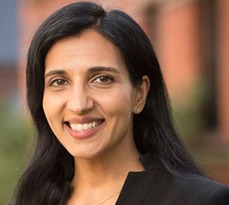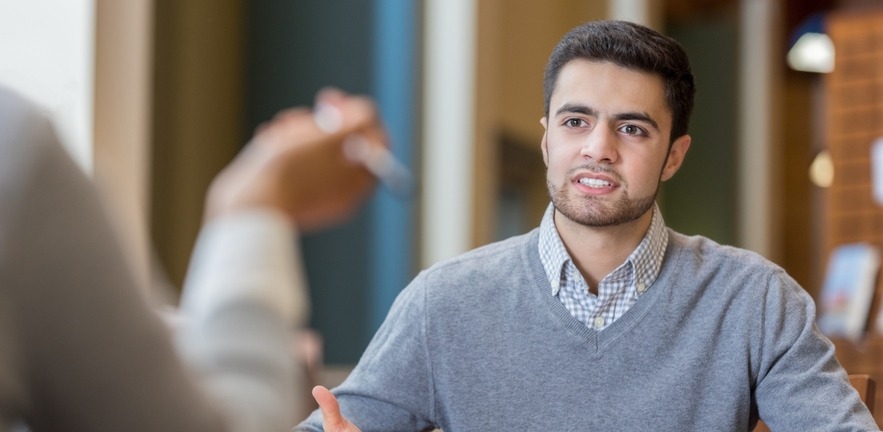Financial incentives linked to unconscious bias may have driven leaders’ pandemic decisions, says an article in Scientific American by Professor Sunita Sah of Cambridge Judge Business School.
Politicians and other leaders face tense conflicts of interest in making decisions during the COVID-19 pandemic, such as the trade-off between health and the economy. Financial incentives may be a factor in such decisions even if subconscious or unintentional, says an article entitled “Conflicts of Interest and COVID” in Scientific American magazine by Professor Sunita Sah of Cambridge Judge Business School.
Leaders may say their decisions are guided only by the public good and are not biased, “but that assumption is based on an inaccurate mental model of how such conflicts work,” says the article, because research has shown that conflicts of interest can operate without our awareness.

“Without external accountability, decision-makers will continue to fall prey to their biasing influence,” writes Sunita, KPMG Professor of Management Studies at Cambridge Judge. “Although conflicts of interest can lead to deliberate corruption and bad decisions in managing the COVID-19 pandemic, the problem of unintentional and subconscious bias remains a pervasive problem that self-regulation cannot solve.”
During the pandemic, this problem has manifested in ‘reversals and confusing messaging’ including the UK’s ‘eat out to help out’ policy in August that subsidised meals to encourage people to visit restaurants, says the article. Decision-makers should accept that “if they are influenced by financial incentives they are unlikely to recognise the bias themselves” – and if they do reach such a recognition they are more open to dissenting opinions, the article adds.


